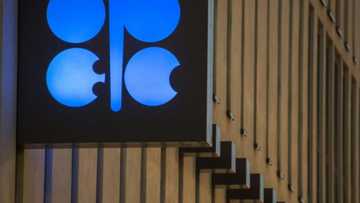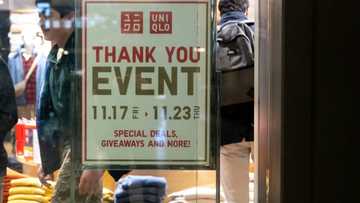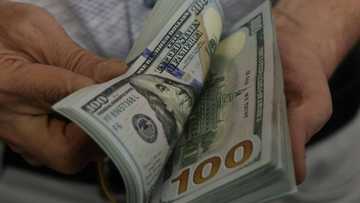US economic uncertainty means bigger 'Black Friday' discounts
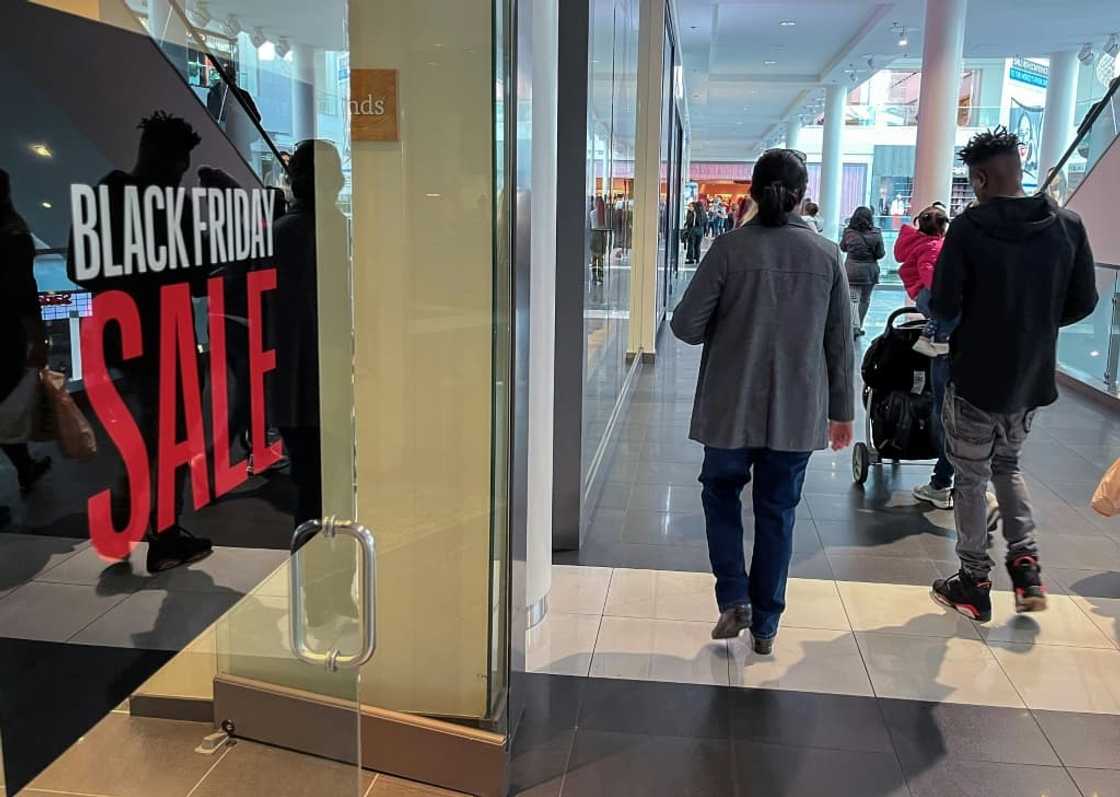
Source: AFP
The retail sector's efforts to entice holiday gift purchases builds to a crescendo this weekend with the annual "Black Friday" shopping day followed by the newer "Cyber Monday."
This year's big post-Thanksgiving sales day -- a custom increasingly adopted in Europe and other markets -- comes amid lingering unease over the economy, despite still-low unemployment.
As a result, markdowns are expected to be especially deep, reflecting the pressure stores are under to lure US consumers jaded by still-high inflation for some goods and lingering effects from Covid pandemic upheaval.
Forecasters expect heavy consumer traffic. The National Retail Federation (NRF) predicts more than 182 million consumers will shop in stores and online over the shopping weekend.
That turnout -- equal to more than half the US population -- would top by 16 million last year's level and constitute a record since the trade group began tracking the period in 2017.
While Black Friday itself remains crucial, stores have actually been offering deals for weeks, marketing Black Friday sales earlier and earlier in October.
PAY ATTENTION: Let yourself be inspired by real people who go beyond the ordinary! Subscribe and watch our new shows on Briefly TV Life now!
The early bargains reflect hyper competition among retailers trying to win over consumers inundated with offers in digital spaces.
"Consumers will not sit out, but they will spend less," said Randy Allen, senior lecturer at Cornell University's SC Johnson College of Business,
"Retailers are concerned," Allen said. "They have been promoting 'Black Friday' deals over the last two weeks. They are trying to capture the consumers."
Some shoppers in the know will hold off on major purchases until closer to Christmas.
For consumers fixated on snagging the best deals, "it likely pays to hit the snooze button," advised a Wall Street Journal article that cited experts who recommended waiting until December for bigger markdowns.
Picky consumers
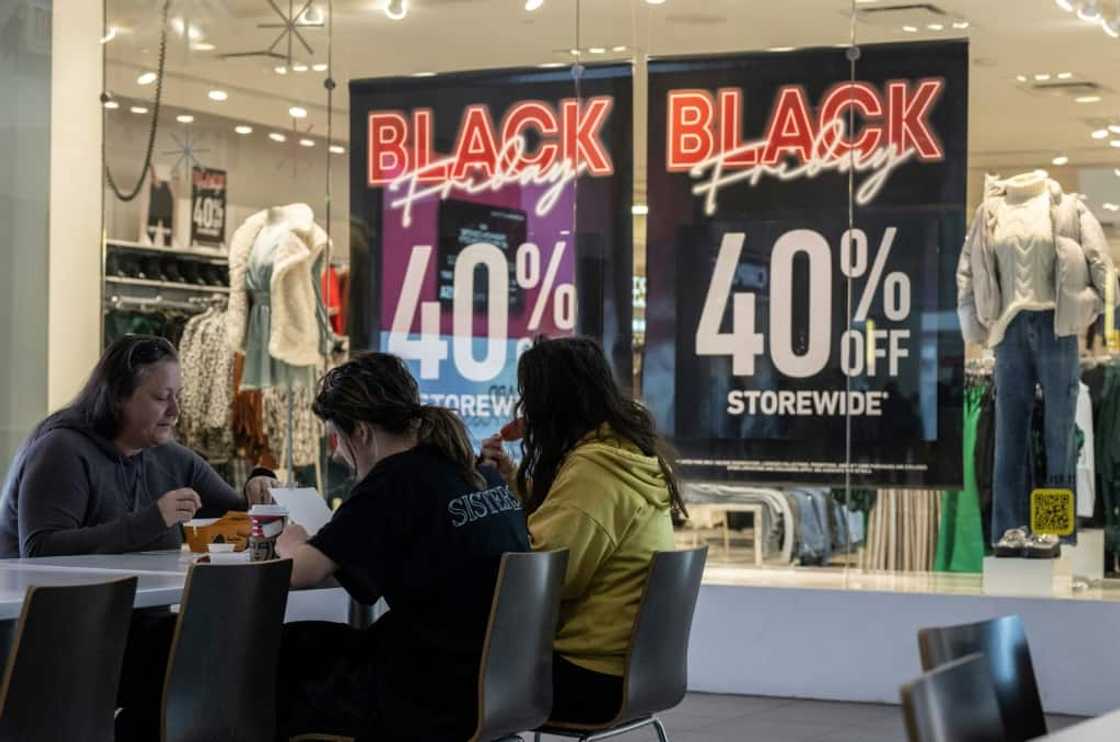
Source: AFP
Especially hot items this holiday season include mainstays such as Lego and Hot Wheels, along with Barbie, which is still basking in the afterglow of this summer's blockbuster movie.
Game consoles remain in demand, along with Meta Quest 3, a virtual reality headset, new iPhones and tablets.
With inflation for groceries and other staples still a factor, many shoppers will only buy items if they are on sale.
"The shopper will be looking for items they really want and need, rather than simply buying lots of things on impulse," said Neil Saunders, managing director of GlobalData. "That's not necessarily a good thing for retailers."
Saunders said retailers "are carefully targeting discounts to certain items" instead of "having a promotional free-for-all."
Economic pundits have worried for months that the US economy could slip into recession. Instead, commentators have repeatedly been impressed by the "resilience" of US consumers, especially in regards to the labor market.
Higher interest costs
The NRF has projected overall holiday sales growth of between three and four percent, which would mark a return to the pre-pandemic trend of more modest increases.
While inflation has slowed compared with the level of a year ago, interest rates remain at their highest level in some 22 years following a string of interest rate increases by the Federal Reserve. That can lead to punishing interest costs if consumers don't pay off their credit cards.
Households have less excess cash compared with a year ago following pandemic relief programs. Also those with student loans are back on the hook for interest payments after the moratorium expired.
On the positive side, consumers have been bolstered by a strong job market that has kept unemployment under four percent.
However, Allen pointed to recent layoffs and meager bonuses in some high-paying industries like consulting, banking and technology as "masking" vulnerabilities and potentially weighing on sales.
PAY ATTENTION: Follow Briefly News on Twitter and never miss the hottest topics! Find us at @brieflyza!
Source: AFP

